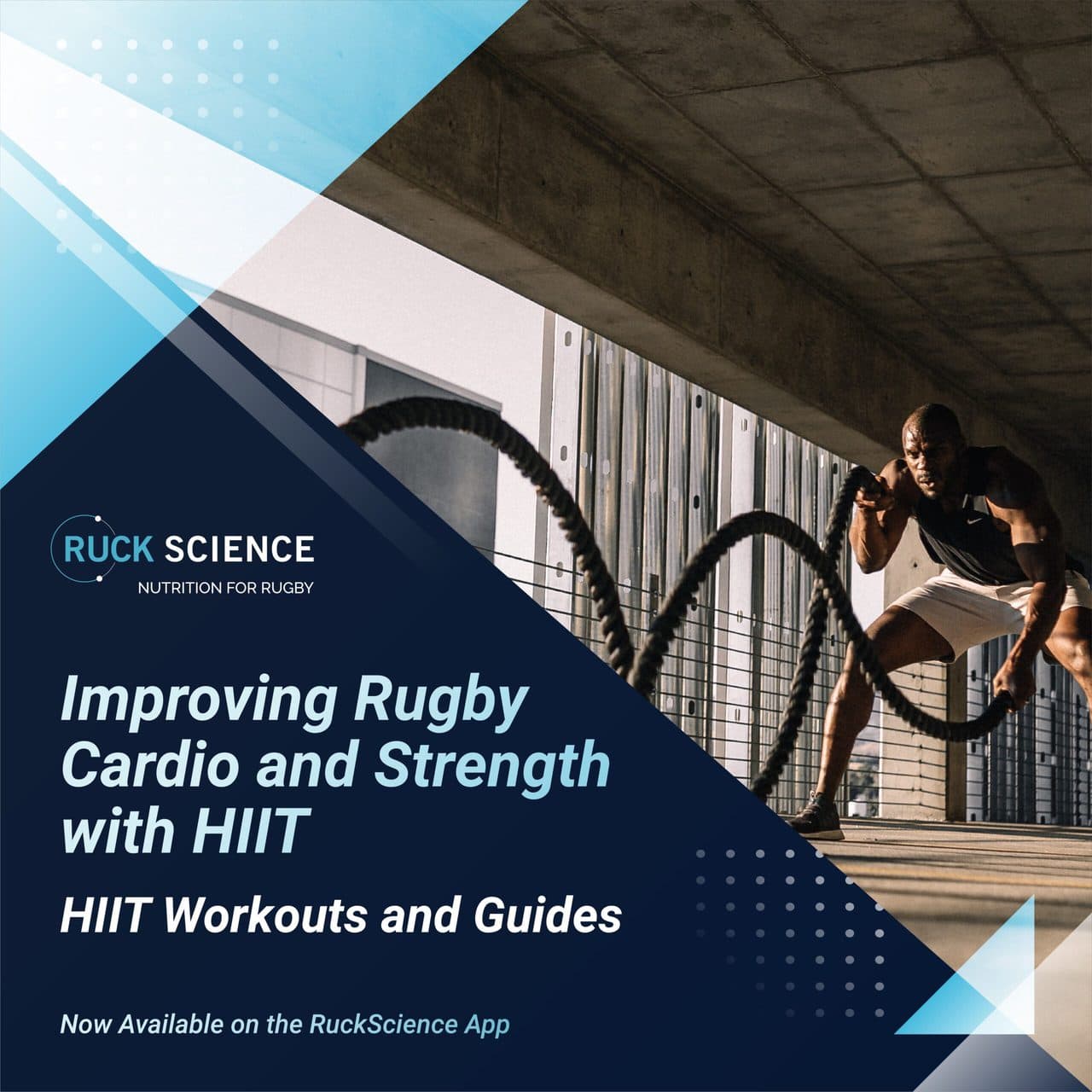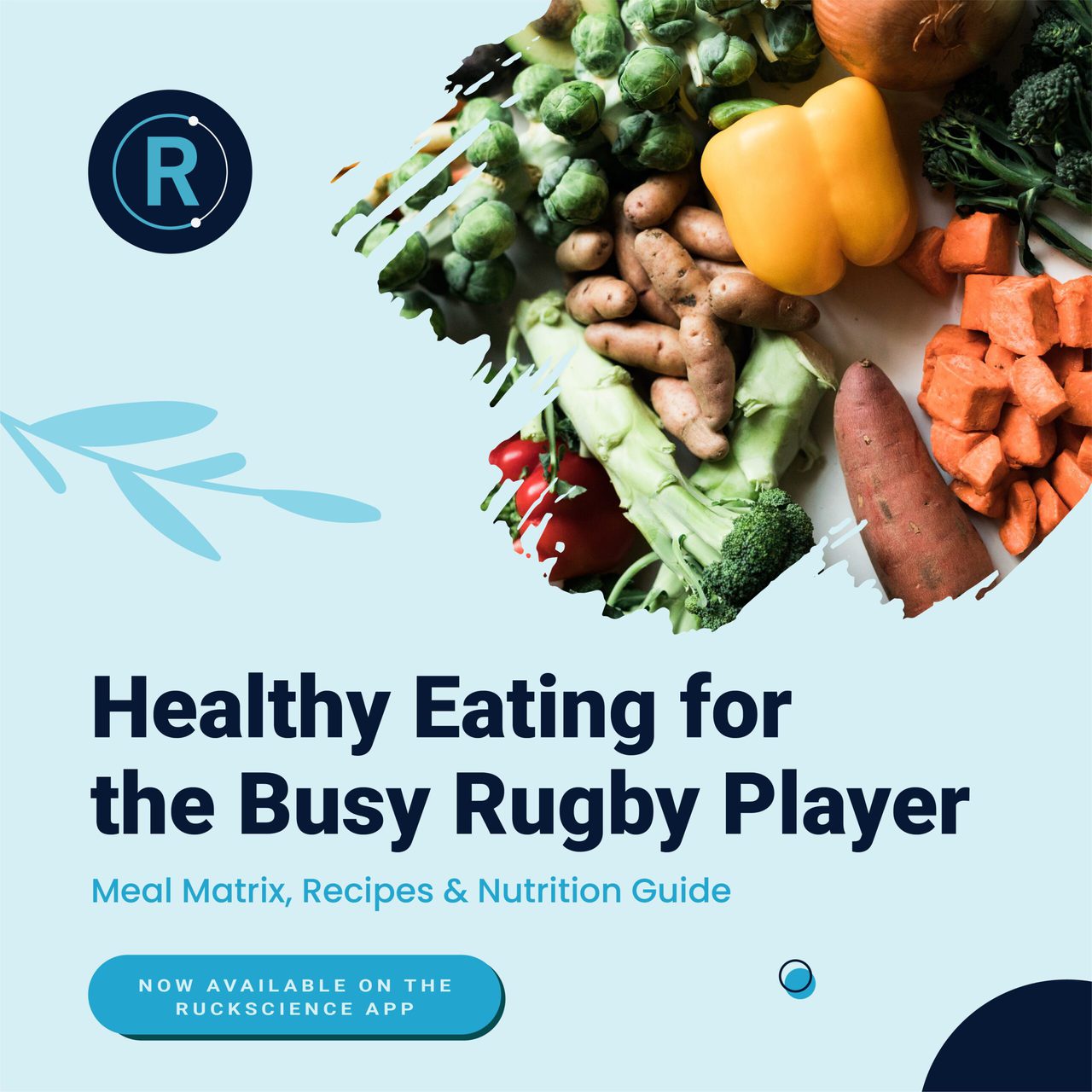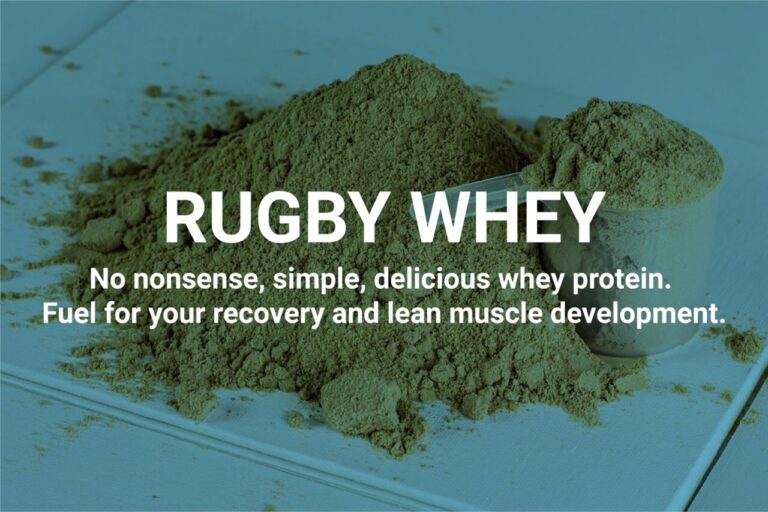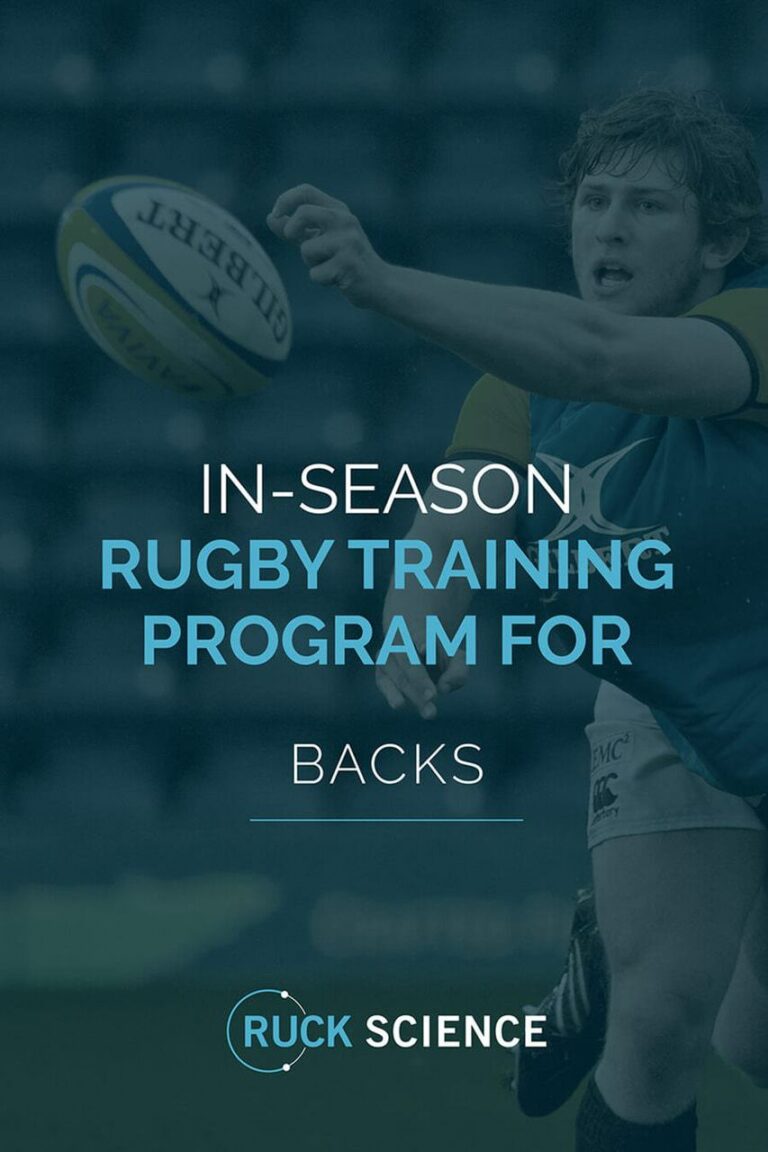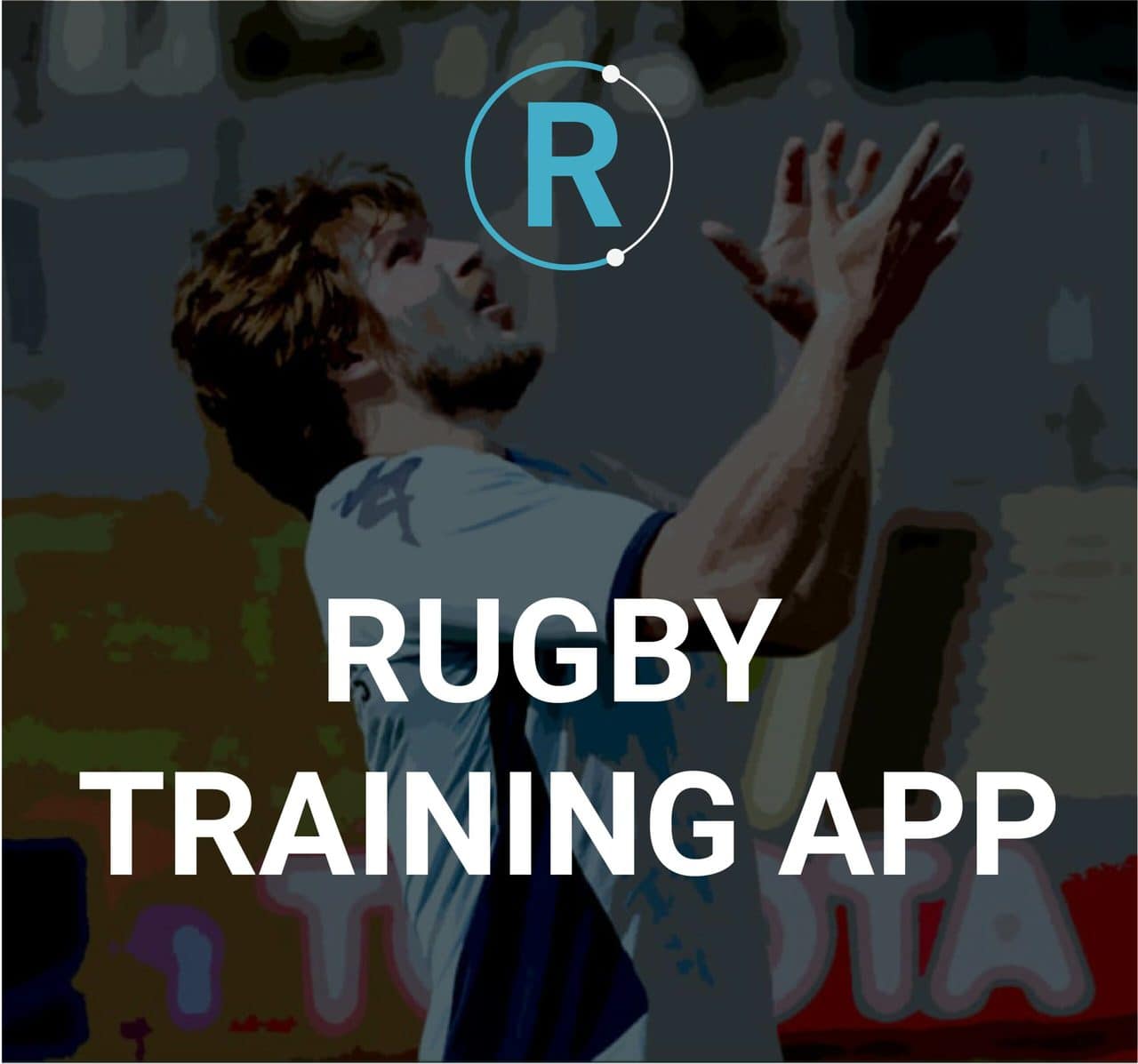Developing Skills in the Sport for Everyone
Every day we read articles about the best weights exercises for rugby – advice on how to get bigger arms and develop your guns is endless. Some trainers in the fitness industry with little knowledge of rugby regurgitate a hypertrophy training program thinking that rugby players simply require size and nothing else.

This is not to say that strength and fitness should be abandoned. It is important to note that even if you were an exceptional athlete with great agility and power, when it counts, the ability to execute good rugby core skills is what is going to improve your chances of being picked for the team. Experienced rugby trainers design structured training cycles combing all elements of fitness, strength and skills. Training cycles are also highly specific to on an individual player for the multitude of difference positions in this sport.
Rugby is such an inclusive sport – anyone can play the game, regardless of your size, appearance, gender, athletic ability or fitness. There is no harm in developing your weight training to look and feel like a professional. However, one thing that separates them from the amateurs is their ability to properly execute the foundational skills under pressure.
We watch players on the amateur rugby field and wonder how they do what they do. The fullback is tall and thin with little to no muscle, but he can knock over anyone that breaks the line. Some props are massively overweight, yet they can make a significant contribution to the scrum. Beer-bellied flyhalves struggle with fitness drills, but when it comes to the match it is a different story; handling and kicking the ball more than any other player and being in the right position for most of the game. In a club team, we can get tiny flankers who look like schoolboys amongst men, yet the smallest flanker is the best tackler.
Why do these players stand out when some of them hardly ever step foot in a gym? It is certain that the weights room will improve their game at the elite level but only if done correctly. So, what is going to make an amateur rugby player better?
In short, the answer is simple. Improve the fundamentals and develop your core skills. The best tackler on your team often has the best technique. The best goal kicker loves to practice before and after training even more than training. So much so that sometimes he would rather be subbed on just to take the kicks like in American football.
The best scrummager in your team has often honed his skill with many scrums per game for years. Recent statistics show the average professional game in the world cup has around 14 scrums per game (source “Stats Perform”). Think about how many scrums there are at an amateur level – it might be double, which certainly makes for a healthy amount of scrum practice for front rowers!
Every position has unique skills to learn (for example, a hooker needs to know how to throw the ball into the lineout). The fundamentals for every player are to run, pass, catch, ruck and tackle. Someone might practice the “pendlay row” in the gym as it targets the same muscle groups and movements required when stealing the ball in the ruck. However, this gym exercise will not teach you the technique of stealing the ball from a ruck, even if it will develop your back strength and stabilizer muscles in your legs.
So how do we develop our skills?
I have a story on the importance of practicing core skills. I knew a young British player named Rob who travelled to New Zealand to play club rugby. Rob thought it would be a great place to learn and grow as a rugby player. He wanted to immerse himself in the New Zealand culture and their national sport. Before leaving the UK, he focused heavily on getting into shape and establishing an excellent fitness base. Rob looked big and strong. His bench press was 150kgs (330lbs) and his back squat was 220kgs (485lbs). He had an impressive 3km fitness testing time and his 12-minute time was pushing some of the best locks in the world. His fundamental skills of passing, rucking and tackling were good.
However, his hands were dreadful. He could not catch the ball in open play whatsoever.
As a younger player, his coaches never taught him how. He could catch the ball in the lineout yet when it came to catching the ball from the kickoff, he simply could not take the ball form the skies. As a result, he was dropped to the second team after just one game.
Unhappy and dejected Rob asked the coaches for an honest opinion. The coaches replied, unfortunately, that they had chosen another player over him. He was told that he had all the physical attributes but playing at this level of the game required the fundamental skills too. The coaches could not pick him over another player if he dropped every kickoff. After all, if the ball is dropped the team is immediately on the back foot – pressure that leads to points being conceded.
Instead of moaning, he set out to improve and make it back into the first team. The plan was to turn up early before every session and stay late afterwards to get in his extras. Every practice session focused heavily on the kickoff receipts. A few games into the season and the other lock who was picked over him sustained a season-ending knee injury in an unfortunate collision. Placed back into the starting lineup, Rob dropped the very first kickoff but never let it get to him. He practiced before and after training. Rob even practiced his catching skills on his non-training days.
His rugby team played well enough to make the final at the end of the season. Every player was a little anxious about their lock’s inability to catch the kickoff. However, after all the extra time spent practicing, this game was a different story. Rob successfully caught five out of five kickoffs and success appeared when it mattered the most.
You do not need every skill to be an effective rugby player. Nor do not need all the physical attributes of a professional player. A professional rugby player is an all-rounder at the highest level. At the amateur level, skills matter more than working hard in the gym. It doesn’t matter how big you are or how strong you are, because the most skillful and the hardest working players are picked on the team first.
If you are looking to improve your core rugby skills, check out the Ruck Science App. We have a vast library of core rugby skills videos with Tongan international fly half Kurt Morath. Download today from the App Store or Google Play!

